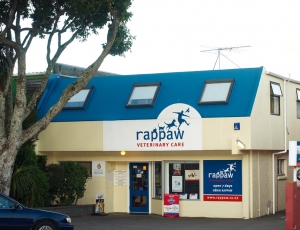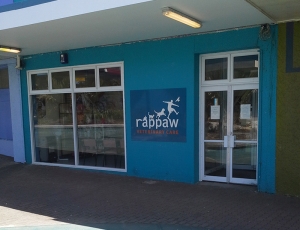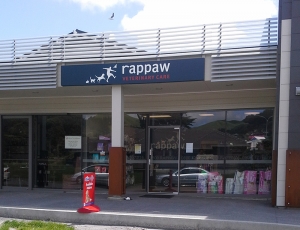There is only one thing worse than losing a much-loved pet to illness or injury, and that is actually losing a pet and never finding them again.
The Christchurch Earthquakes proved the true worth of micro-chipping, with micro-chipped pets being easily re-united with their owners. Unfortunately many of the owners of the pets not micro-chipped may never see them again.

Micro-chipping involves a vet or registered implanter inserting, using a special needle, a tiny 1mm by 3mm chip under your pet’s skin. Each microchip contains an internationally unique 15-digit code. These can be read by special radio frequency scanners. The microchip is just like a barcode on a grocery item.
Dog Control Act was amended in 2007. All new dogs are required to be micro-chipped as part of their registration.
Micro-chipping is by far and away the best form of identification as the pet cannot lose it and the identification number it carries is totally unique to your pet. Pet tags are still a good idea as well but these can come off or be taken off if the pet is stolen.
Another advantage of micro-chips is that important information such any specific health issues the pet may have, such as epilepsy, diabetes or penicillin allergies can be recorded on the database.
Microchip technology is also being used in pet accessories such as cat doors.
With microchips implanted at rappaw the fee includes registration of your pets number on the NZ Companion Animal Registry.
If you have purchased a pet that is already micro-chipped it is well worth checking if the chip has been registered. Many breeders provide the chip but not the registration.





